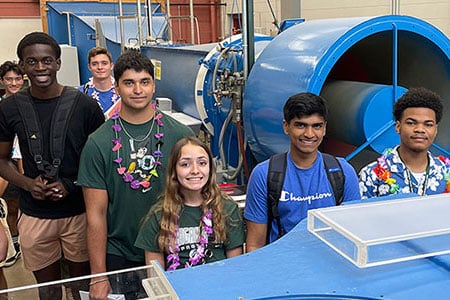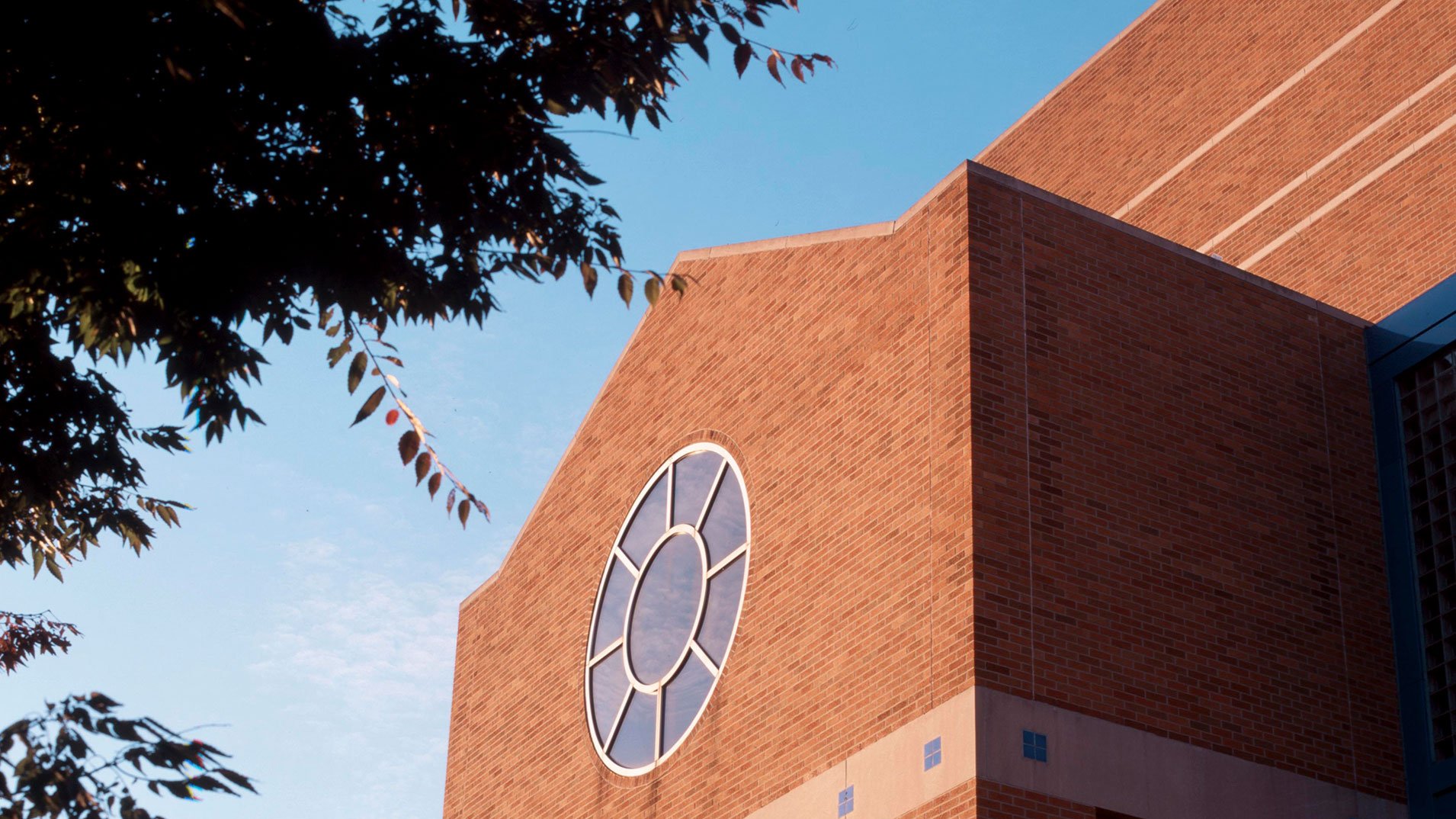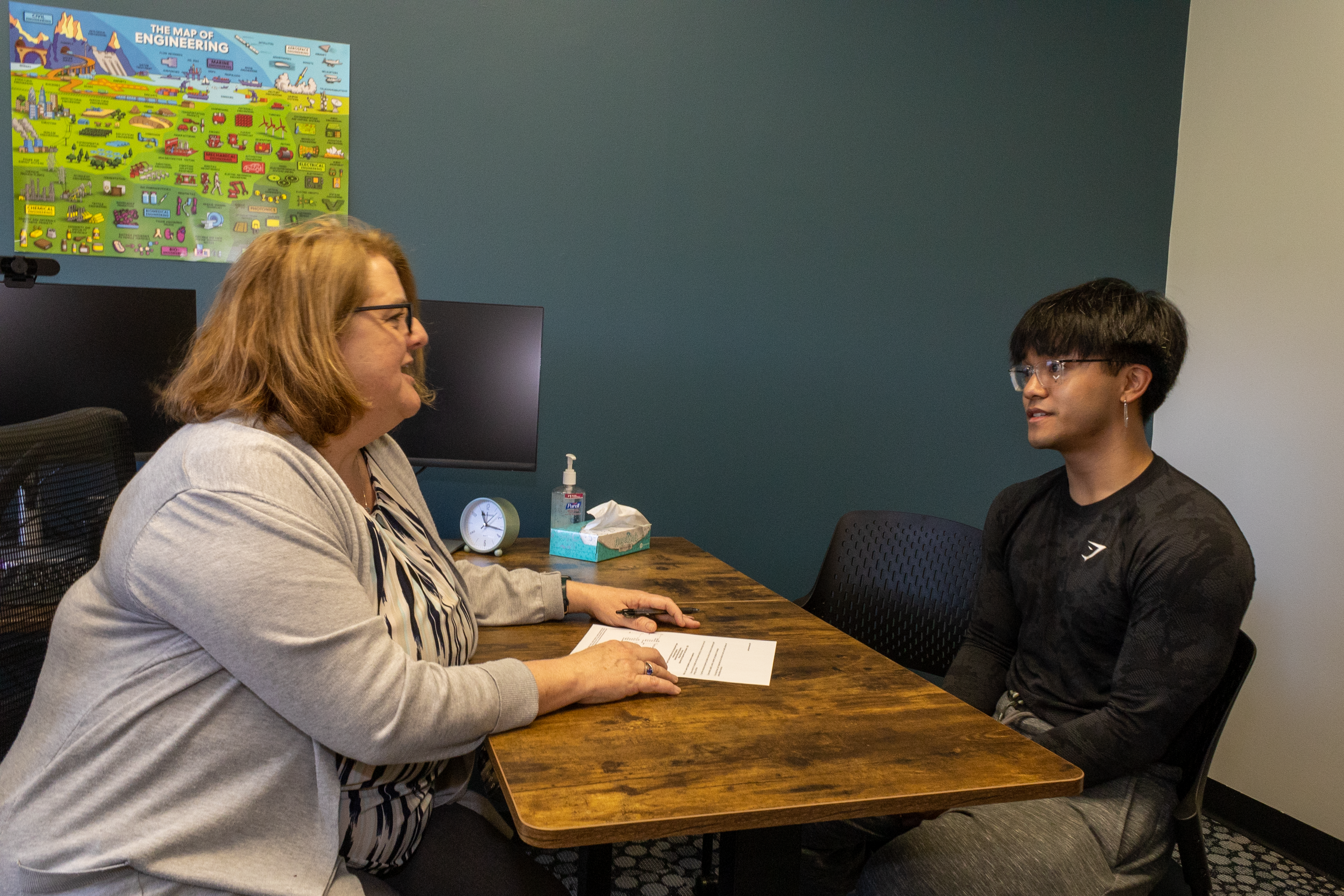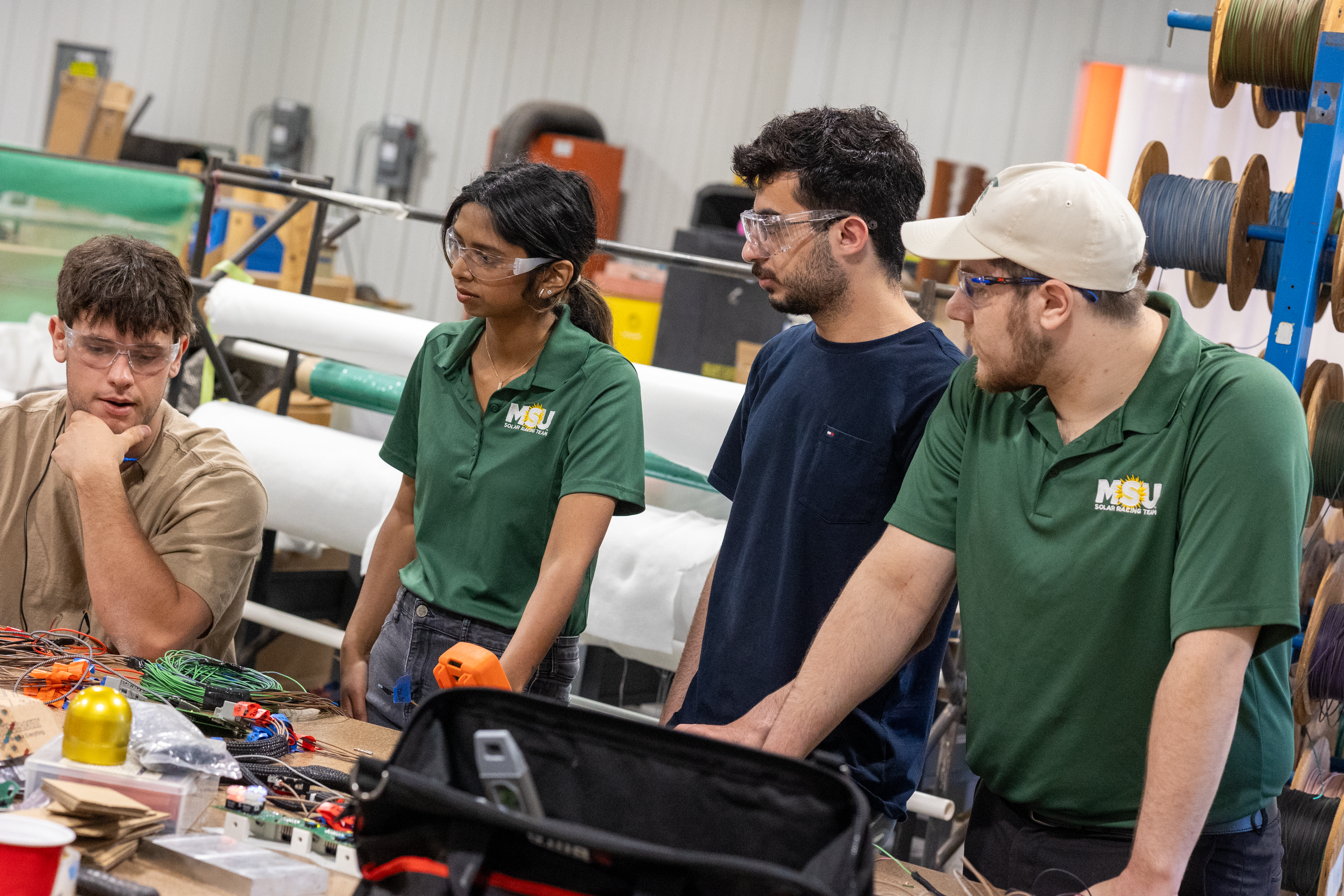Volodymyr Tarabara of the Michigan State University College of Engineering received a prestigious Fulbright Global Scholar Award to collaborate internationally on tracking down surface-associated viruses.

Tarabara is a professor in the MSU Department of Civil and Environmental Engineering and the associate director of the MSU Center for European, Russian and Eurasian Studies.
He will work with colleagues from France, Georgia and Singapore on a project called: "Protecting essential workers: Environmental forensics for ensuring microbial safety of the workplace." The host institutions are Eliava Institute of Bacteriophages, Microbiology and Virology in Georgia, the University of Montpellier in France and Nanyang Technological University in Singapore.
"The research focus of the project is within the very interesting area of microbial forensics with surface-associated viruses as the culprits to track down," he said. "The broader goal is to develop methods and tools for better protection of the occupational safety of essential workers."
Tarabara said this new multidisciplinary effort is at the interface of environmental engineering, virology, forensic science, behavioral science and public health.
"The project brings together experts to form an international network-of-networks to address the challenge of virus detection on surfaces," he explained. "The challenge is especially acute in "viral reservoir' environments, such as hospitals where essential workers are at high risk."
Tarabara said the research will be aimed at water reuse locations with centralized water and wastewater infrastructures.
"We intend to test the proposed virus detection approach at water utilities in the U.S., Georgia, France and Singapore, representing treatment systems of various types and designs. We will build on the knowledge of site assessment, sampling protocols, and process flow available within the forensic science community. By establishing a global collaborative platform, the project will help protect frontline workers across a range of settings and exposure scenarios," he continued. "This is a truly global project as we will look for best solutions across a range of economic, geographic, policy and technology contexts."
Tarabara's expertise is in the areas of membrane separations and interfacial processes. Engineering applications of his research include water reuse, industrial pollution control and biosafety monitoring. He has co-authored more than 90 peer-reviewed journal papers and book chapters.
He is an Editor of Separation and Purification Technology (Elsevier) and the Editor for Special Collections of the Journal of Environmental Engineering (ASCE). His research was recognized with a Paul L. Busch Award from the Water Environment Research Foundation.
This is his second Fulbright award. His prior Fulbright Scholar project was in Tbilisi, Georgia, in 2014-2016 and focused on the application of bacteriophages as surrogates for human viruses in water reuse. His work was later recognized with an honorary degree by the Agricultural University of Georgia.
In 2020, he received the MSU College of Engineering Withrow Global Leadership Award for outstanding achievement in advancing global scholarship through research, teaching and outreach. He has played a leading role in developing strategic partnerships for MSU throughout Europe and Eurasia. Since joining MSU, he has led and collaborated on research and outreach projects with prominent scholars in France, Georgia, Germany, Norway, Singapore, Turkey, and Ukraine. He has also lectured in several universities in Africa, Asia and Europe.
The Fulbright Global Scholar Award is a multi-regional program that is among the most competitive of all Fulbright Scholar programs. For more information on the award, visit: https://cies.org/global





